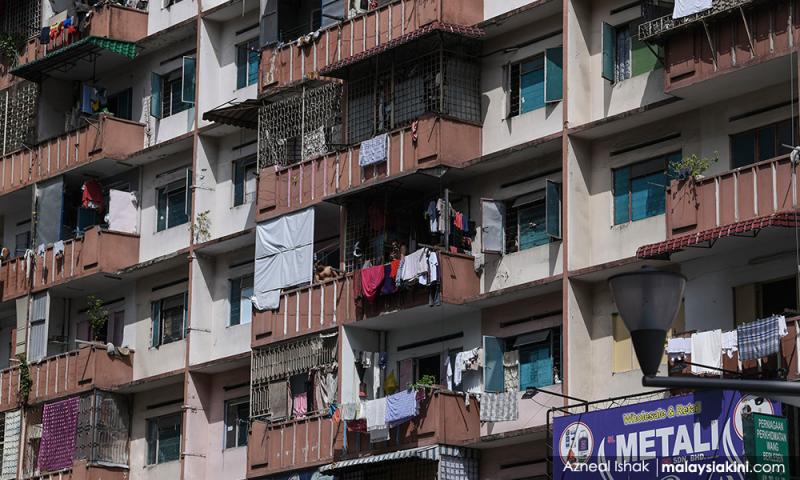LETTER | Secondary victims of a pandemic - choosing who to suffer
LETTER | In understanding the impact of a pandemic, we must look at both sides of the fence, i.e. the victims, the doctors, the administrators and the bystanders. While both sides have given their opinion, I shall give mine as a doctor, entrepreneur, company director and advisory for healthcare investment corporate structuring.
The Covid-19 pandemic has cost tens of thousands of lives around the world, and in the last four months has created a pandemonium not seen since the Second World War. The numbers keep increasing, both for deaths as well as the infection rate. It is the recovery rate that is yet to be seen.
The infection rate worldwide is about 1.5 million whilst the death toll is approaching 100,000 thus making the mortality rate at 6.6%. Such is the magnitude of the infection that it mirrors the pandemics of the early 20th century.
There were many incidences of mass casualties which had occurred over the last few years most of which were caused by mankind. To date, the great famines of the 20th century had claimed almost 100 million lives, 10 million lives were lost to HIV while one million lives were lost to the various wars and around 10 million from sanitation-related communicable illnesses.
What has made the Covid-19 scary, not just to the general population but to the administrators, the elite, the governors, is vulnerability. While none of the above causes of mass casualties may seem to besiege the upper echelons and the commanders and generals, this present invisible enemy seems to have no mercy on rank and opulence, nor can its mortal ability be predicted.
Such fear, especially when added to the need for public figures to be public, have caused the need for action to be taken.
In this pandemonium of sorts, where the focus has been on the prevention and management of Covid-19, there exists a secondary group of victims which may cause a further burdening of our healthcare, social and welfare system. These are people thrown into the throngs of poverty and distress, unfortunately, it is the man on the street and the man who works to pay his meals.
The lockdown has spotlighted that a large group of people may perish from the effects of Covid-19, not directly from the infection, but from secondary causes, i.e., a man will risk his life to get food if he is unable to feed his family, a man stuck at home for a prolonged period is susceptible to unthinkable acts, a man who is in destitute because of his lost business or job and may end up aggressive.
The unending presence of armed uniformed personnel will place fear and anxiety above everything else.
While we focus on Covid-19, let us remember that other non-communicable diseases, cancers, etc do not take breathers. They have now only been overshadowed.
Death toll from famines, poverty and other illnesses may rise way higher than the current death toll of Covid-19 in Malaysia. Where a lockdown persists, social anarchy may rise due to social destitution.
The effects of uncertainty on a population will induce famine, economic, social and financial crises that will leave the infection rates of Covid-19 mild in comparison.
I write this as first a doctor but with both eyes open.
The views expressed here are those of the author/contributor and do not necessarily represent the views of Malaysiakini.
RM12.50 / month
- Unlimited access to award-winning journalism
- Comment and share your opinions on all our articles
- Gift interesting stories to your friends
- Tax deductable
